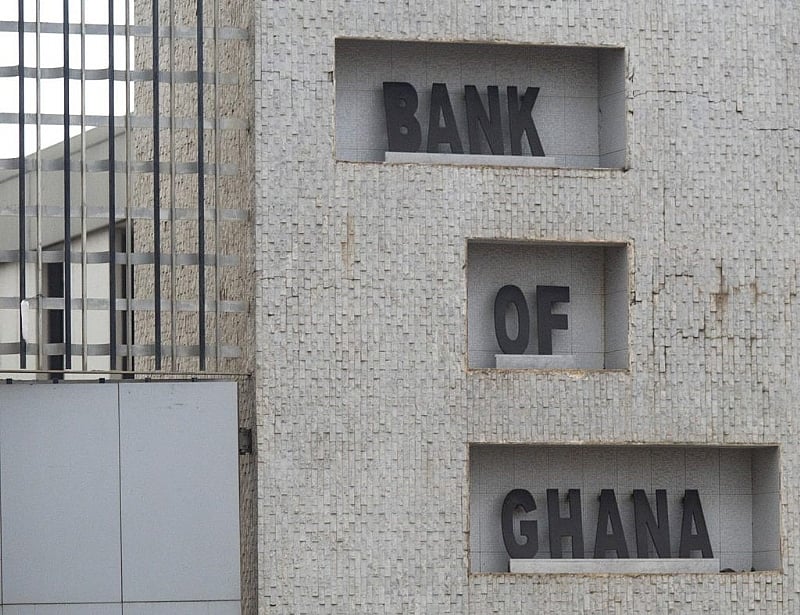The Ghanaian economy witnessed a substantial surge in currency circulation throughout 2024, reaching GH₵71.6 billion by year-end, a significant leap from GH₵44.5 billion in 2023. This represents a near 60% increase, indicating a robust expansion in the money supply within the country. The Bank of Ghana’s financial statement, released in June 2025, attributes this growth to several factors, including inflationary pressures, a growing population, and increased economic activity. These factors contribute to a higher demand for physical cash to facilitate transactions and manage daily expenses. The rise in currency circulation underscores the evolving dynamics of Ghana’s economic landscape.
A key observation from the Bank of Ghana’s report is the pronounced increase in the circulation of high-denomination banknotes, particularly the GH₵200 and GH₵100 notes. The value of GH₵200 notes in circulation doubled, soaring from GH₵12.3 billion in 2023 to GH₵24.3 billion in 2024. This dramatic rise indicates a shift in public preference towards higher-value notes, likely driven by factors such as inflation and the increasing cost of goods and services. Similarly, the value of GH₵100 notes in circulation also witnessed significant growth, climbing from GH₵14.5 billion to GH₵18.5 billion within the same period. This trend further reinforces the growing demand for larger denominations to facilitate larger transactions.
In contrast to the significant increases observed with the GH₵200 and GH₵100 notes, the GH₵20 denomination maintained a relatively stable circulation value, remaining at GH₵5 billion in both 2023 and 2024. This stability suggests that the GH₵20 note continues to play a consistent role in facilitating smaller, everyday transactions, unaffected by the broader trend towards higher-value notes. The contrasting patterns observed across different denominations offer valuable insights into the evolving nature of cash transactions within the Ghanaian economy.
The Bank of Ghana’s increased operational costs related to currency management reflect the impact of the expanding money supply. Currency management expenses rose considerably from GH₵688 million in 2023 to GH₵1 billion in 2024. A substantial portion of this increase can be attributed to the costs associated with printing new banknotes and minting coins, which jumped from GH₵675 million to GH₵986 million. This significant rise in printing and minting costs underscores the logistical challenges associated with managing a rapidly growing money supply and meeting the increased demand for physical currency.
Beyond the costs associated with producing physical currency, the Bank of Ghana also incurred expenses related to importing foreign currencies. In 2024, GH₵14.4 million was spent on importing foreign currency, primarily to meet the needs of commercial banks and businesses operating within the country. This strategic move aims to maintain liquidity within the financial system, supporting both trade and banking operations. By ensuring access to foreign currencies, the Bank of Ghana plays a crucial role in facilitating international commerce and stabilizing the overall financial environment.
The significant increase in currency circulation, particularly the rise in high-denomination banknotes, underscores the ongoing reliance on cash within the Ghanaian economy. While digital payment systems continue to evolve, cash remains a predominant mode of transaction for many individuals and businesses. This reliance on cash is influenced by various factors, including consumer preferences, accessibility to digital platforms, and the level of financial inclusion across the population. The Bank of Ghana’s efforts to manage the increasing demand for physical currency, along with its initiatives to support liquidity and facilitate international trade, play a crucial role in maintaining the stability and growth of the Ghanaian economy. As the economy continues to evolve, understanding the dynamics of cash circulation remains essential for effective monetary policy and financial planning.


